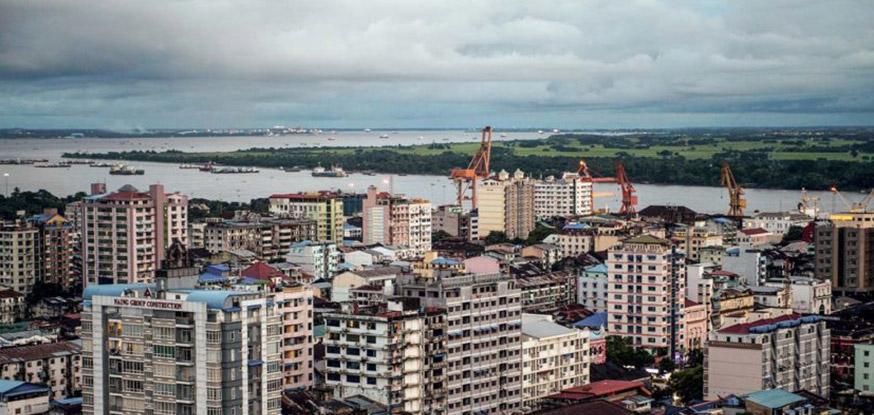A team of smart city experts have issued a stark warning to many Asian countries currently embarking on a mission to make its cities 'smart'. They have warned that many are at risk of creating 'stupid cities' because of its current approach - which is to work in 'isolation' and resist technological innovation.
The claims were made by a number of panelists at a conference on Smart Cities and Innovation which was held in Singapore. Director at Guangzhou Institute for Urban Innovation in China, Nicholas You, offered his definition of what he believes are the characteristics of a 'stupid city' - which is one that facilitates urban sprawl by allowing people to move from central areas to low-density communities - and relies heavily on cars.
He added that public administration in 'stupid cities' tend to work in silos, and refuse to share important data that could help develop solutions for urban problems, according to You, a 'real smart city' examines everything in a holistic fashion. He said, "A real smart city is one that looks at everything holistically - you can't look at water issues without looking at energy."
Other panelists that offered their opinions on the risk of Asian cities becoming 'stupid cities' was Senior Researcher at Seoul's National Information Society Agency, Jong Sung Hwang, and India's Smart Cities Mission director Sameer Sharma.
However, Jong suggested that the biggest barrier to becoming a 'smart city' was culture - claiming that society's inability to forgive mistakes was a prohibitive factor. He used Seoul's attempts to implement an intelligent traffic system being met with resistance by police as an example of this. Jong said: "We have ideas, data and even money, but we could not make it happen."
Sharma conceded that India's smart city mission was encountering difficulties due to the fact it adopted a 'one-size fits-all' approach. Prime Minister Narendra Modi's 2015 Smart Cities Mission sees cities compete for government funding in its effort to become more citizen-friendly and economically sustainable.
However, according to Sharma a 'bottom-up' approach is needed - declaring that citizens have to be involved in smart city initiatives. He said, "Don't start with a vision and then bring in the citizens. Always start with the citizens."
Singapore, which is currently maximizing its resources to become a 'Smart Nation' - but is acutely aware that technology can significantly worsen the divide between the rich and poor. At the one-day conference, other panel discussions included how best to use data and technology to create smart cities, and creating a smart city that is resilient to security challenges like terrorism.

